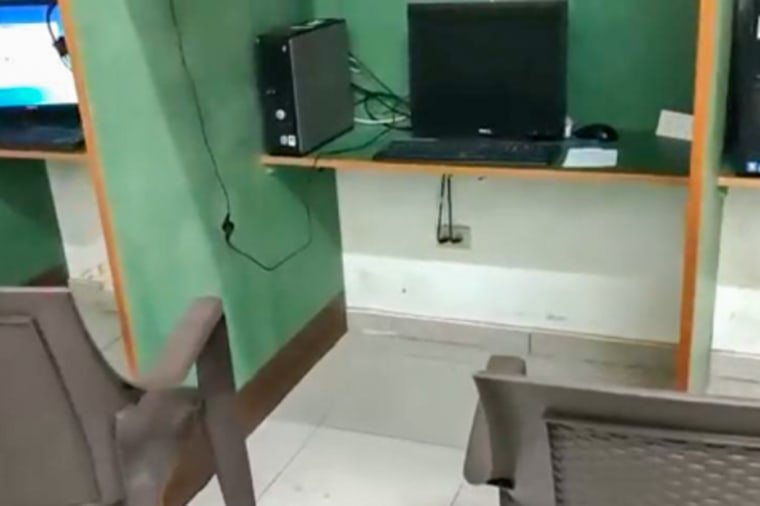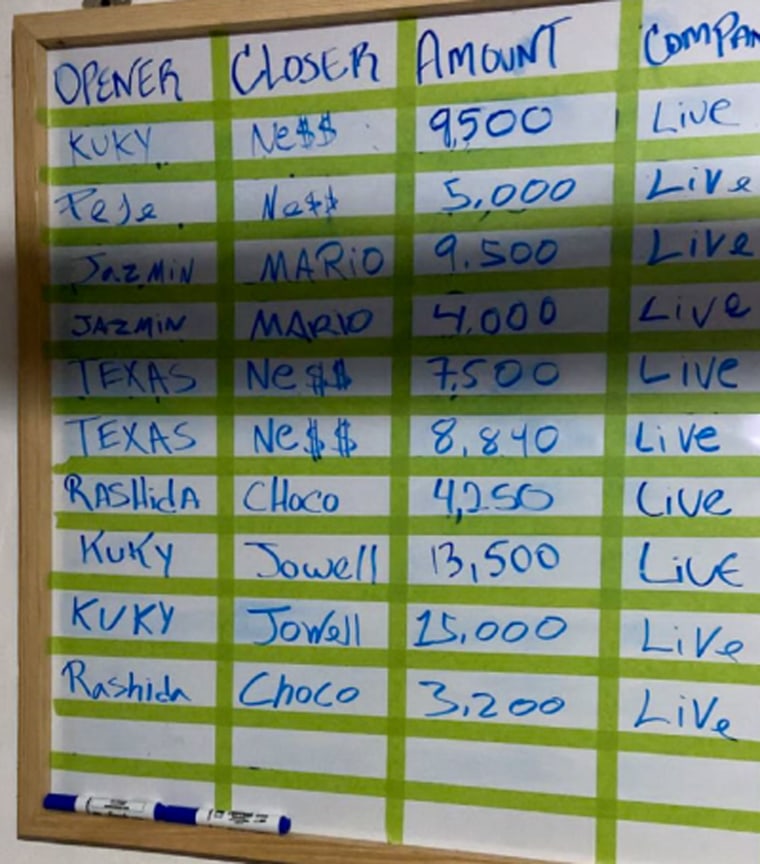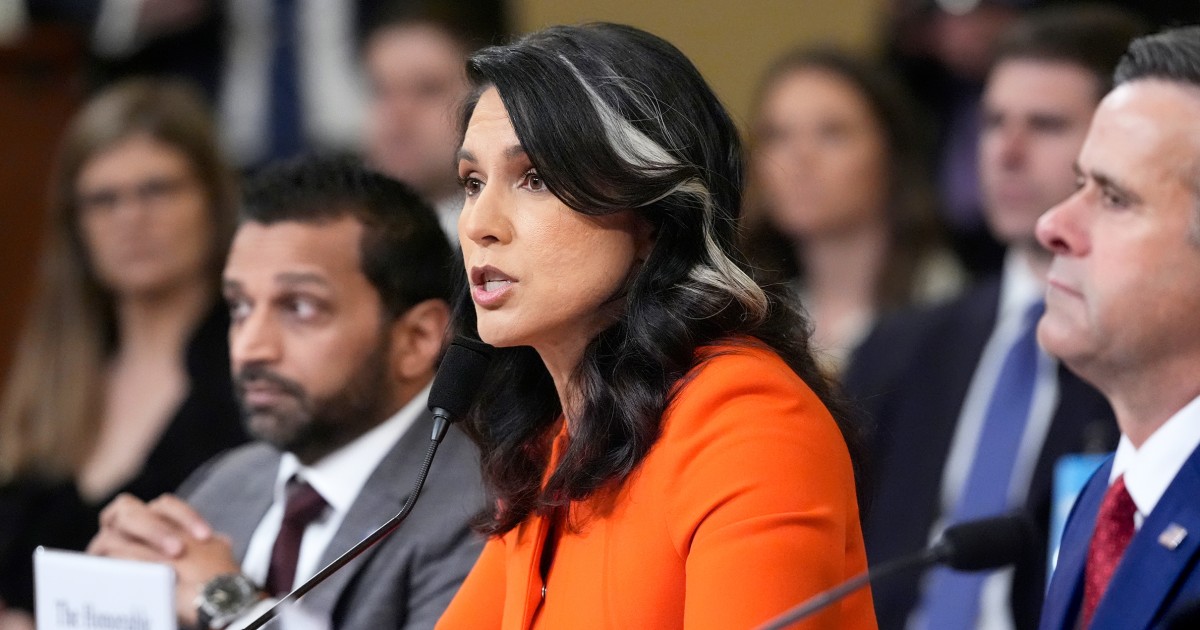Thirteen citizens of the Dominican Republic have been charged with scamming 400 grandparents in the U.S. out of $5 million by posing over the phone as their grandchildren in need of help — sometimes targeting the same victims over and over — federal prosecutors said Tuesday.
Grandparents in Massachusetts, California, New York, Florida and Maryland received calls from people saying they were their grandchild and had just been in a car accident or arrested or was in the midst of another emergency, said Leah Foley, the U.S. attorney for the district of Massachusetts.
Their goal, Foley said, was to trick the seniors into handing over their life’s savings to help their loved one. In many instances, Foley said the defendants called panicked victims “again and again,” feigning another emergency to push for more money.

“These scams are not just financially devastating, they are emotionally traumatizing,” Foley said Tuesday at a news conference in Boston. “Many victims not only lost their savings, but their sense of safety, judgment and trust in the world around them.”
Prosecutors said the defendants ran a sophisticated criminal enterprise from organized call centers in the Dominican Republic. They hired people who spoke English to pose as the grandchildren and lawyers as well as others in the U.S. to collect the cash from victims’ homes, Foley said.
The average age of the victims was 84, and at least 50 of them were in Massachusetts, she said.
In some cases, the fraudsters knew the name of the grandchild, Foley said. In other cases, prosecutors said they followed a vague script, identifying themselves as “your oldest grandson.”

The defendants are all citizens of the Dominican Republic. Nine are in custody, while four — from New York, New Jersey and Florida — are still at-large, prosecutors said.
Most of them face a conspiracy to commit mail fraud and wire fraud charge, which is punishable by up to 20 years in prison, and a money laundering conspiracy charge, which is also punishable by up to 20 years in prison.
The fraud scheme is not uncommon. In March, authorities charged 25 Canadian suspects with bilking U.S. seniors out of $21 million in a similar grandparent scam.
Ted Docks, the special agent in charge of the FBI’s Boston field office, said criminals overseas are “doing this in epidemic levels.”
“What the accused did in targeting our seniors was calculated, cold-hearted and cruel,” he said. “No grandparent should ever have to wonder if the next call they get is it a cry for help or a trap.”








